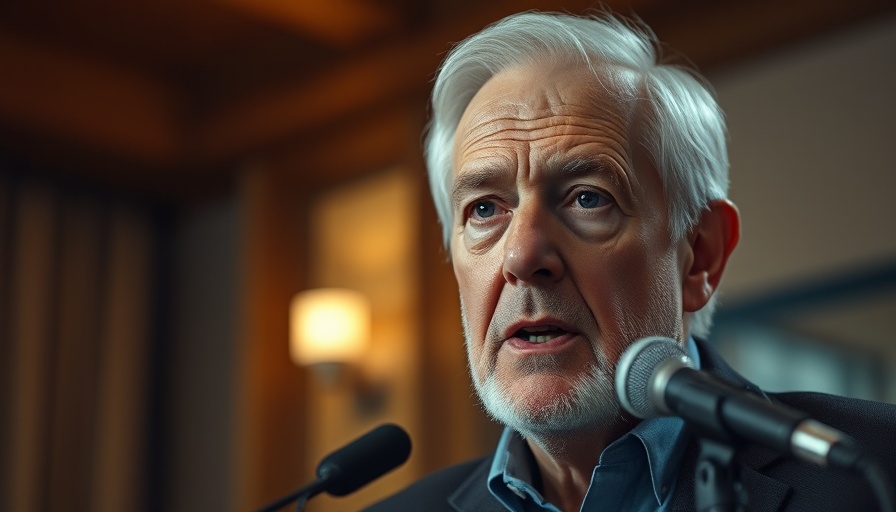
Behind Closed Doors: RFK Jr. Kicks Off MAHA Commission
In a move that has raised eyebrows, Robert F. Kennedy Jr., the newly appointed health secretary, convened the first meeting of the Make America Healthy Again (MAHA) commission behind closed doors this past Tuesday. This gathering is pivotal, as it sets the foundation for a concerted effort aimed at tackling the alarming rates of chronic diseases in the United States, particularly among children. Announced via a White House executive order just weeks prior, the commission signifies a significant pivot in public health strategy led by the Trump administration, although its lack of transparency has already sparked concerns.
What is the MAHA Commission?
The MAHA commission is comprised of key figures from various federal departments, including the Food and Drug Administration and the Centers for Disease Control and Prevention. Its main objective is to evaluate factors contributing to chronic diseases, which have now reached epidemic levels. Recent statistics indicate that up to 60% of Americans live with at least one chronic condition, a stark contrast to health outcomes in other developed nations where life expectancy is considerably higher.
Secrecy and Its Implications
Critics have expressed concern over the closed-door format of the inaugural meeting, suggesting it reflects a growing trend of secrecy within the Department of Health and Human Services. Historically, public access to meetings has been vital for transparency and accountability in health initiatives. Kennedy's administration has already faced backlash for limiting public involvement in certain health discussions, raising questions about the efficacy of the commission's recommendations when shrouded in secrecy.
Addressing a Growing Health Crisis
The commission's agenda includes tackling various contributors to childhood chronic diseases, ranging from dietary issues to environmental factors. With figures showing a significant spike in conditions like autism—now affecting 1 in 36 children—urgent action is needed to prevent a health crisis of unprecedented proportions among youth. Families nationwide are looking for effective solutions, and the MAHA commission aims to deliver these within an initial 100-day assessment, followed by broader strategic recommendations within six months.
The Broader Context: Why Now?
The timing of this initiative is particularly noteworthy given that President Trump highlighted this commission during his campaign as part of a promise to address national health issues. Public obsession with chronic illnesses is on the rise, with increased rates of conditions such as obesity and mental health disorders. The intersection of political will and public health can ultimately shape the future of healthcare policy in America, making its proceedings closely watched by advocates and parents alike.
A Call to Action for Families
As we await the MAHA commission's forthcoming assessments, parents are encouraged to stay informed about health initiatives and to advocate for transparency. Ensuring the next generation has access to proper nutrition and preventive health is vital. Families should voice their concerns and preferences while urging policymakers to prioritize childhood health in their ongoing discussions.
 Add Row
Add Row  Add
Add 




Write A Comment